The use of psychedelics for mental health treatment is gaining traction worldwide, but how does this trend align with Australia's unique cultural, political, and economic landscape? As conversations around mental health continue to evolve, Australia finds itself at a crossroads—will it embrace psychedelics as a tool for mental health, or will it tread cautiously due to regulatory and societal concerns?
Understanding the Psychedelic Renaissance
The psychedelic renaissance is upon us, driven by groundbreaking research and a shift in societal attitudes. Global studies suggest that psychedelics like psilocybin and MDMA can effectively treat conditions such as PTSD, depression, and anxiety. The Multidisciplinary Association for Psychedelic Studies (MAPS) in the U.S. has been pivotal, with clinical trials showing promising results for MDMA-assisted therapy in treating PTSD.
Australia's Mental Health Landscape
Australia faces significant mental health challenges, with one in five Australians experiencing a mental health disorder each year. The government spends approximately AUD 10 billion annually on mental health services. However, traditional treatments aren't effective for everyone, creating an urgent need for innovative solutions.
Economic Implications
According to the Australian Bureau of Statistics (ABS), mental health issues have a profound economic impact, costing the Australian economy around AUD 60 billion annually in lost productivity and healthcare expenses. Introducing psychedelics as a therapeutic option could potentially reduce these costs by offering alternative treatment pathways.
Regulatory Landscape and Challenges
The Therapeutic Goods Administration (TGA) has been cautiously optimistic, recently rescheduling psilocybin and MDMA for controlled therapeutic use in clinical settings. This regulatory shift marks a significant step forward, yet challenges remain, including establishing clinical guidelines and ensuring patient safety.
Case Study: Mind Medicine Australia
Case Study: Mind Medicine Australia – Pioneering Psychedelic Therapy
Problem: Mind Medicine Australia recognized the limitations of existing mental health treatments and sought to explore alternative solutions.
- The organization faced regulatory hurdles and societal skepticism about psychedelics.
- Industry data showed that traditional treatments had a 30% non-response rate among patients with depression.
Action: Mind Medicine Australia advocated for clinical trials and regulatory changes.
- They collaborated with research institutions to gather data demonstrating the efficacy of psychedelics.
- Engaged with policymakers and the public to shift perceptions.
Result: Significant progress in regulatory acceptance and public awareness.
- The TGA's decision to reschedule certain psychedelics was influenced by their advocacy.
- Mind Medicine Australia facilitated multiple successful clinical trials.
Takeaway: This case highlights the importance of collaboration between advocacy groups and regulators. Australia can benefit from similar approaches to integrate psychedelics into the mental health landscape responsibly.
Pros and Cons of Psychedelic Therapies
Pros:
- Effective for Treatment-Resistant Conditions: Studies show psychedelics can help patients who don't respond to conventional treatments.
- Rapid Results: Compared to traditional antidepressants, psychedelics often produce faster therapeutic effects.
- Reduced Healthcare Costs: Long-term efficacy can potentially decrease the need for ongoing medication and therapy sessions.
Cons:
- Potential for Abuse: Without proper controls, there's a risk of misuse and recreational abuse.
- Regulatory Hurdles: Extensive clinical trials and regulatory compliance are necessary, delaying widespread adoption.
- Sociocultural Resistance: Stigma and misconceptions about psychedelics may hinder acceptance among certain demographics.
Debunking Myths About Psychedelics
Myth: Psychedelics are dangerous and addictive.
Reality: Studies indicate that psychedelics have a low potential for addiction, and when used in controlled settings, they are relatively safe (Source: Johns Hopkins University).
Myth: Psychedelics cause long-term brain damage.
Reality: Research shows no evidence of long-term brain damage in clinical settings (Source: Imperial College London).
Future Trends and Predictions
The future of psychedelics in Australia looks promising, with potential applications extending beyond mental health to areas like palliative care and addiction treatment. By 2028, we predict that psychedelic-assisted therapy will be integrated into mainstream healthcare, supported by ongoing research and evolving societal attitudes.
Conclusion
As Australia contemplates the integration of psychedelics into mental health treatment, the potential benefits are significant. However, a cautious approach is essential to address regulatory, societal, and ethical considerations. The journey ahead requires collaboration between researchers, policymakers, and the public to reshape mental health care responsibly and innovatively.
Call to Action: What are your thoughts on the potential use of psychedelics for mental health in Australia? Share your insights and join the conversation!
People Also Ask
How do psychedelics impact mental health treatment in Australia?Psychedelics offer new avenues for treating conditions like PTSD and depression, potentially reducing healthcare costs and improving patient outcomes.
What are the risks of using psychedelics for mental health?While generally safe in clinical settings, risks include potential misuse, regulatory hurdles, and societal stigma.
Related Search Queries
- psychedelics mental health Australia
- TGA psychedelics regulation
- psilocybin therapy Australia
- MDMA-assisted therapy
- Mental health innovation Australia
- Mind Medicine Australia
- psychedelic clinical trials
- psychedelic therapy benefits
- future of psychedelics in Australia
- psychedelics and mental health research







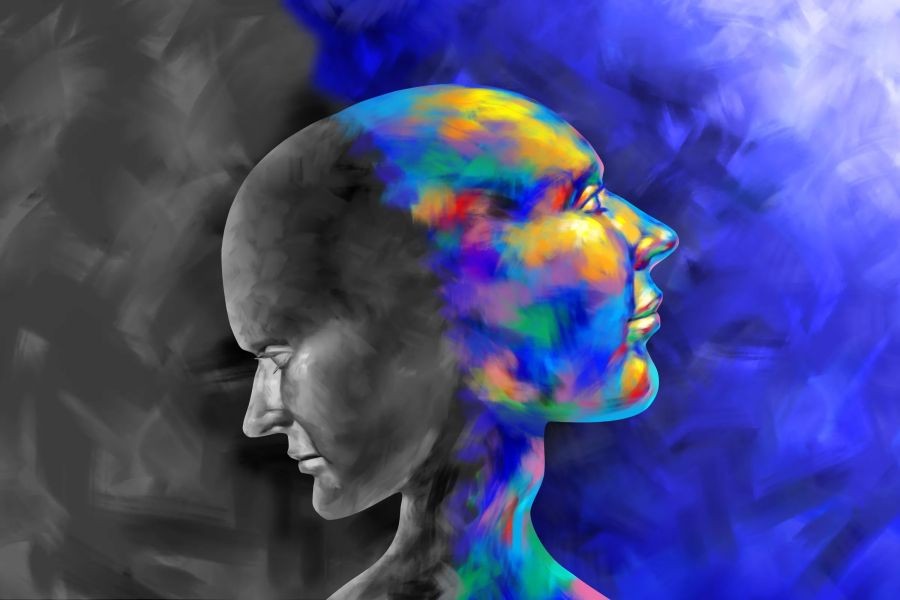


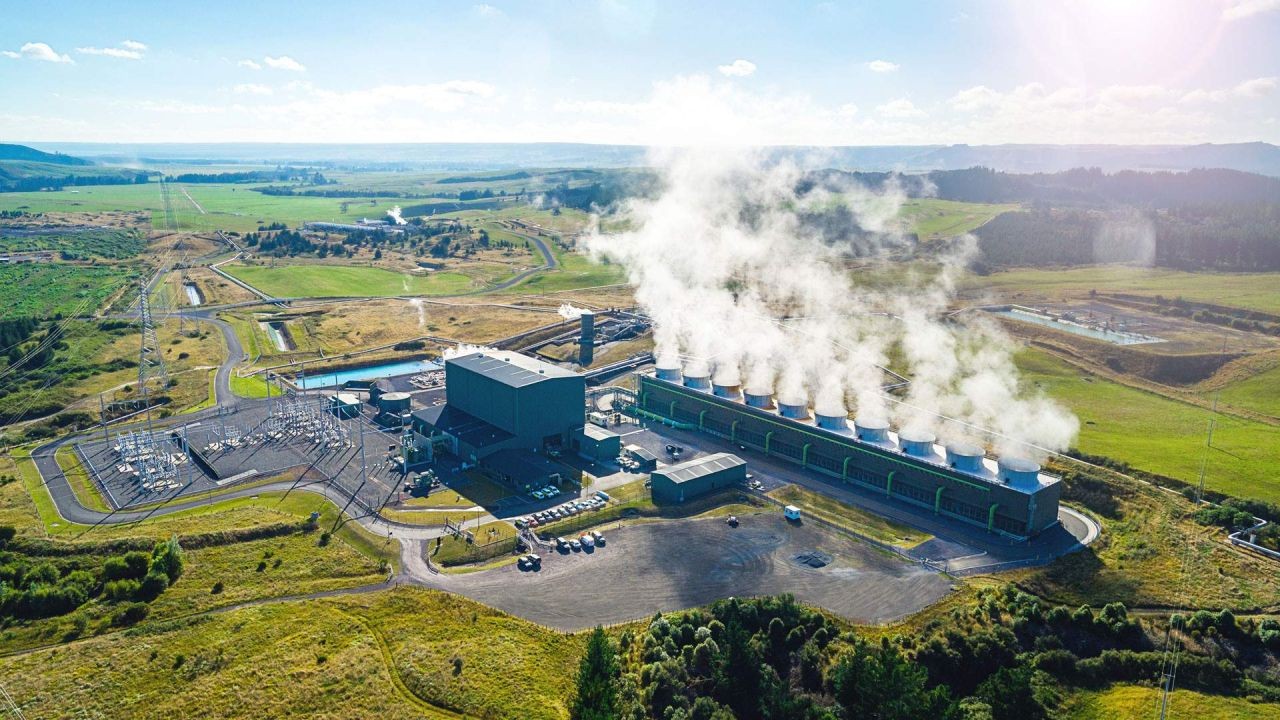



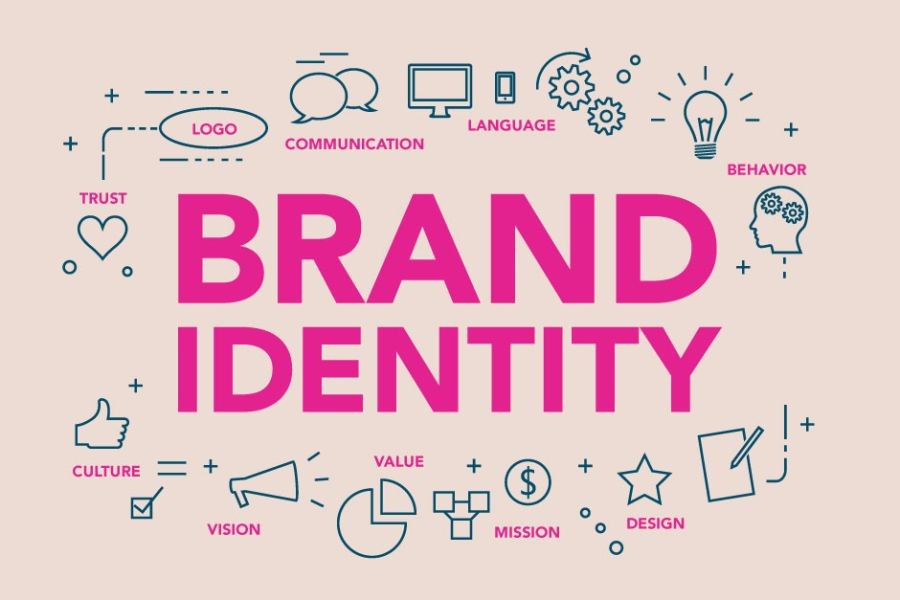
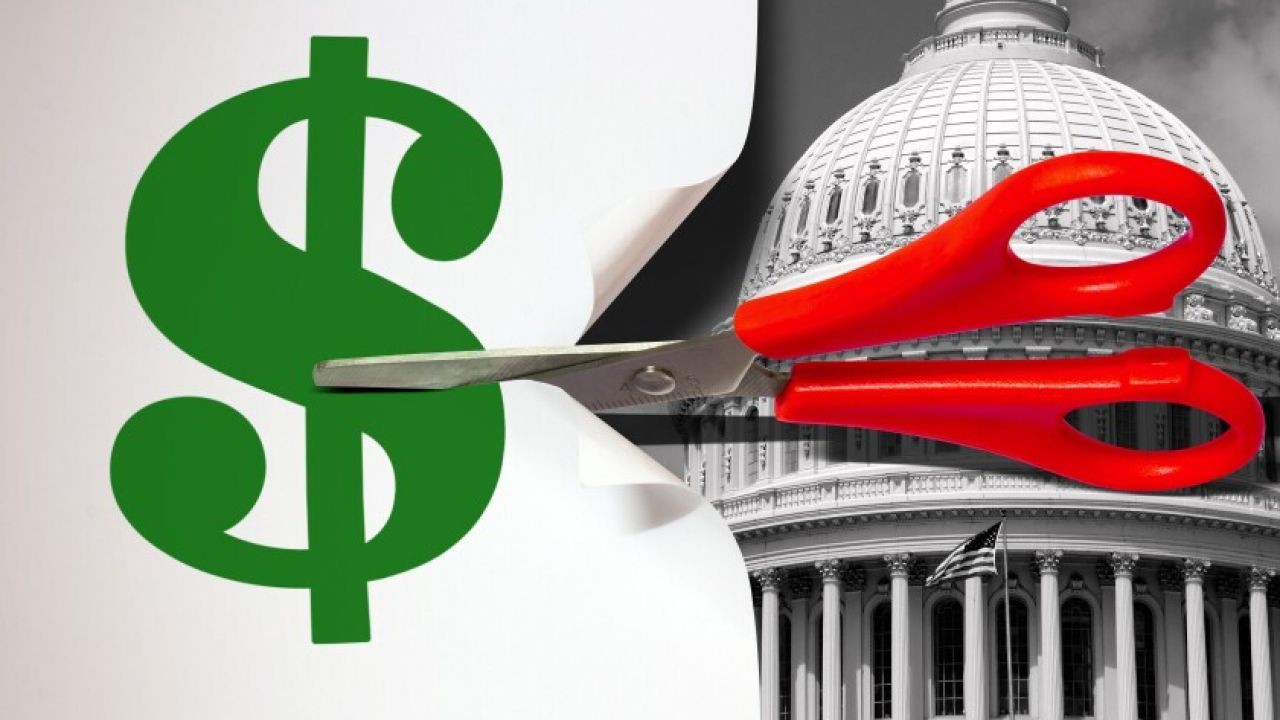





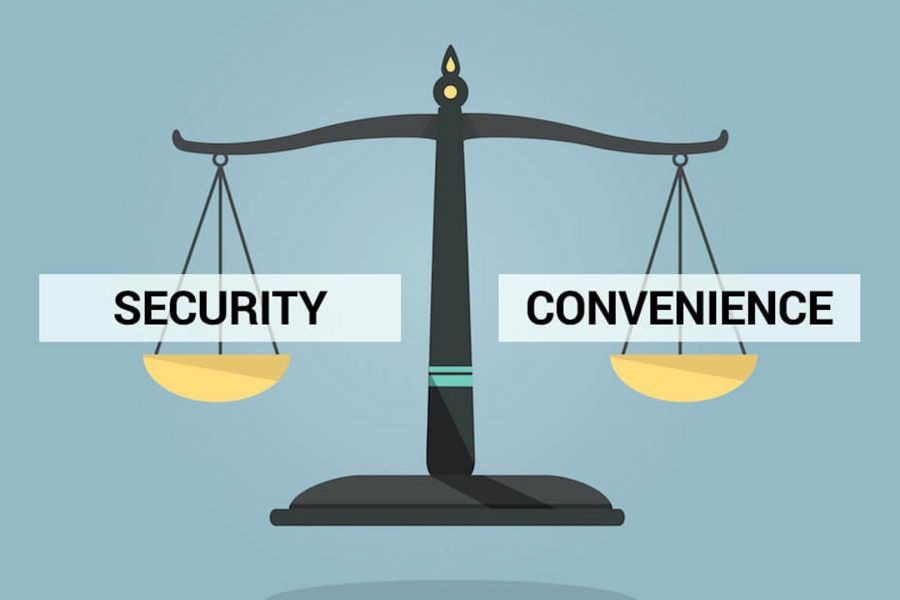











rudyu821844160
10 months ago